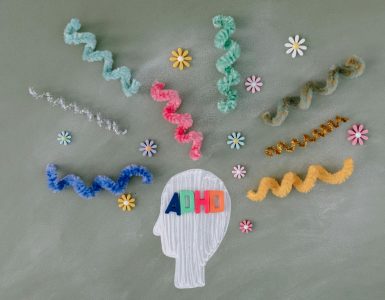Think about it: we often lie to protect feelings, avoid consequences, or even to elevate our social status. It’s like wearing a mask at a masquerade ball—sometimes, it’s all about the performance. For instance, a little white lie here and there can keep the peace. You might say you love a friend’s cooking when you would rather eat cardboard, right? But psychological researchers suggest that lying isn’t just a simple act of avoiding honesty; it’s a calculated decision rooted in fear, shame, or even the thrill of getting away with something.
What’s really intriguing is how lying affects the liar. Picture this: every time you tell a fib, it’s like adding a layer to an already heavy backpack. Over time, those layers pile up, weighing you down. Many people feel the guilt and anxiety creeping in, especially when the truth eventually surfaces. It’s not just the fear of being caught; it’s about the internal turmoil that can arise when your words conflict with reality.

So, why do we continue this cycle? It can be addictive! For some, the adrenaline rush of creating a compelling story is just too tempting to resist. Plus, let’s be real—sometimes, it feels easier to twist the truth than to confront the messiness of reality. And that’s what makes the psychology of lying such a captivating topic; it delves into our primal instincts, social dynamics, and even moral dilemmas that shape our very existence.
Why People Lie and How to Detect Deception
Some folks lie to create a more favorable image of themselves. You know, like that friend who always claims they’ve got their life together, but really, they’re just one spilled coffee away from chaos? Then you’ve got those who lie out of fear, avoiding harsh realities or disappointing others. It’s a bit like putting on sunglasses to shield yourself from a blinding sun—you’re just hoping to survive until the haze lifts.
Now, how can you spot these skilled deceivers? It’s not as simple as watching for shifty eyes or sweaty palms (though those can be clues). Pay attention to inconsistencies in their stories; if they’re crafting a web of deceit, there’s bound to be a few loose threads. Body language is also a huge tell. If someone suddenly crosses their arms or avoids eye contact, it’s like reading an unfinished book with pages missing.
The Different Types of Lies and Their Impact
Then there are exaggerations, which are the drama queens of the lie world. Imagine someone claiming they vanquished a dragon, when really they just bravely fought a mosquito. These kinds of lies don’t just distort reality; they can twist relationships. Trust is a fragile thing, and once it’s broken—like a favorite mug shattering on the floor—it’s difficult to piece back together.
Let’s not forget about deceit that wears a darker cloak—manipulative lies that play mind games, tugging at emotions like a puppeteer with string. This is where the impact can be most damaging. These lies can lead to emotional turmoil, turning friendships into bitter rivalries, and can create a toxic cloud around those affected.
And oh, the societal lies! Think of propaganda—sometimes they’re dressed up in fine words, promising a brighter tomorrow, but often they lead us down dark alleys of mistrust and confusion. It’s like being lured into a maze with no escape, leaving us to question what’s true and what’s not.
So, whether it’s a tiny white lie meant to protect, or a grand deceit that swings like a wrecking ball, the effects are profound. They twist relationships, alter perceptions, and even shape our society. The next time you hear a story, think: is there a shadow lurking behind those words?
























Add comment